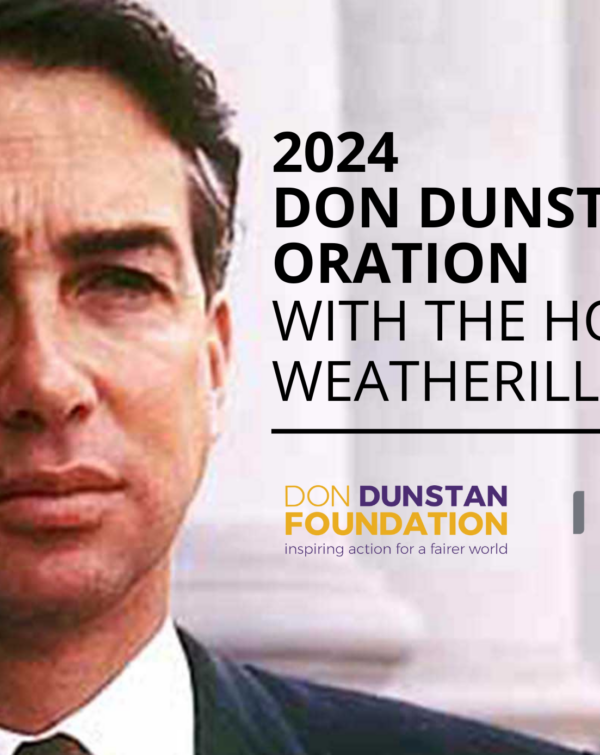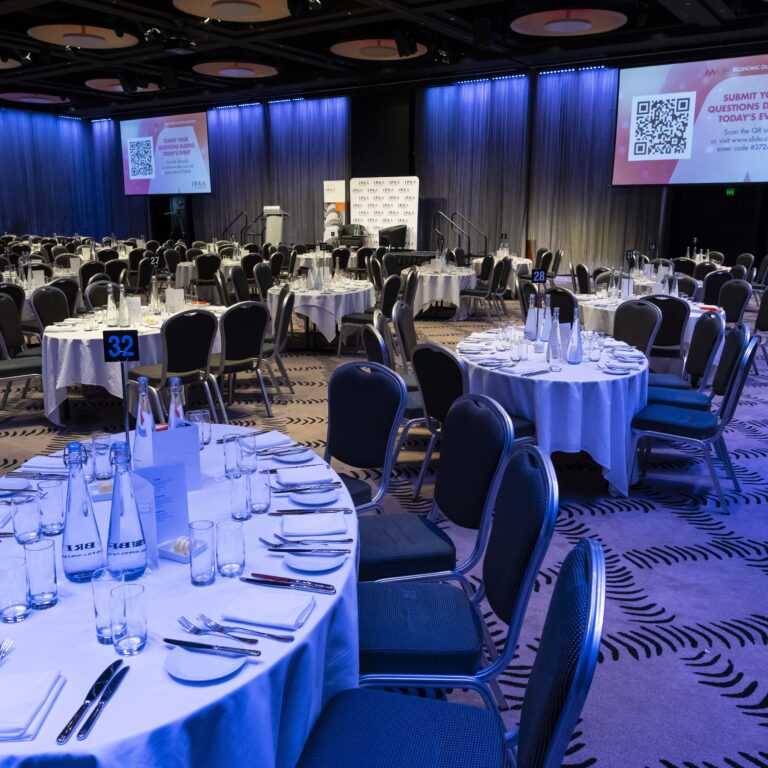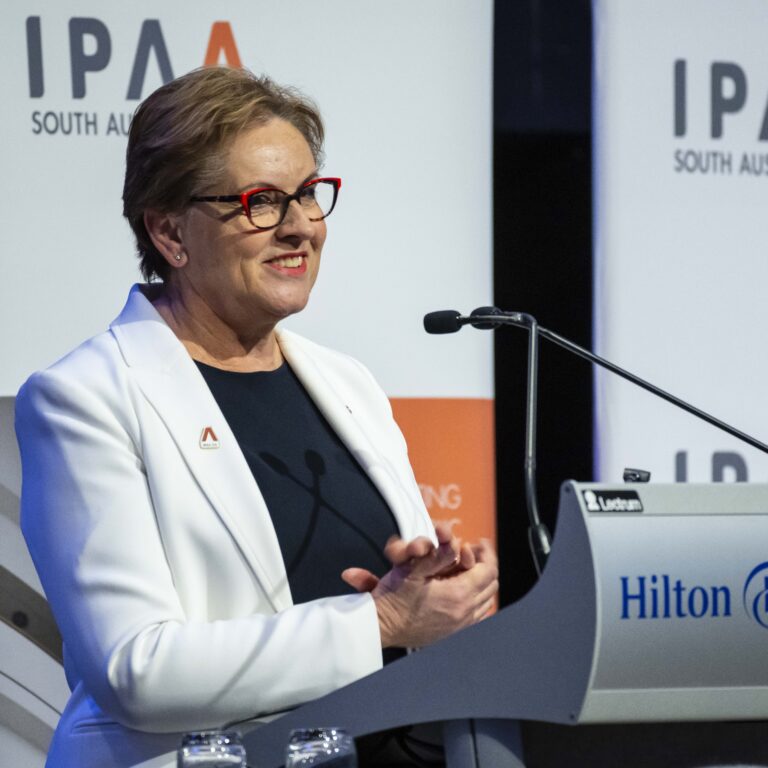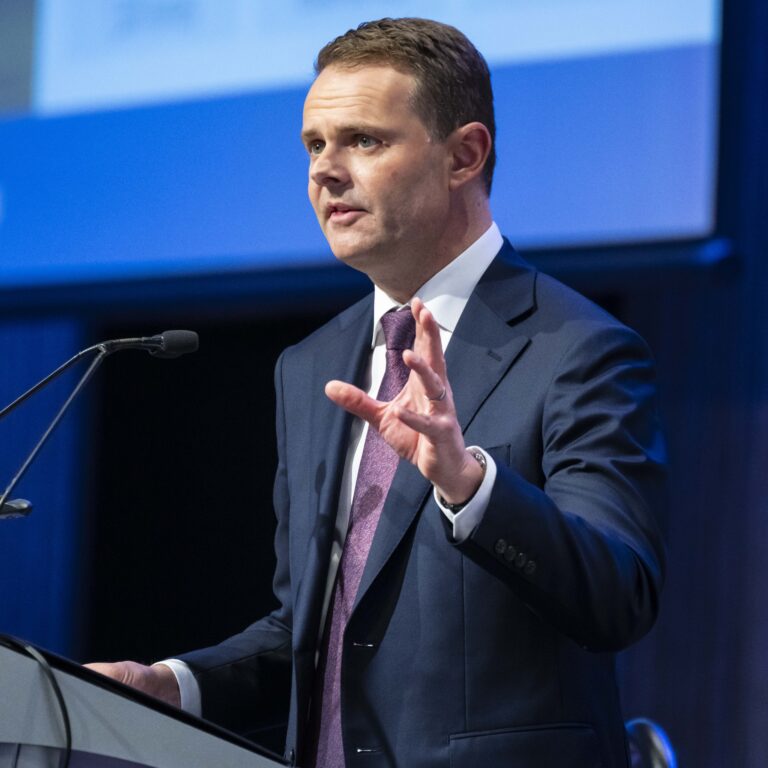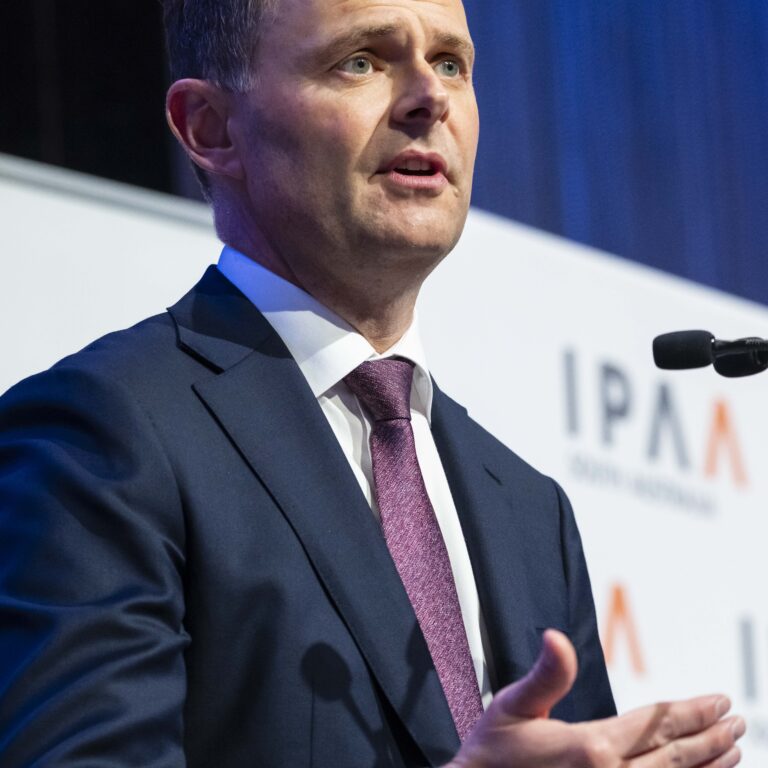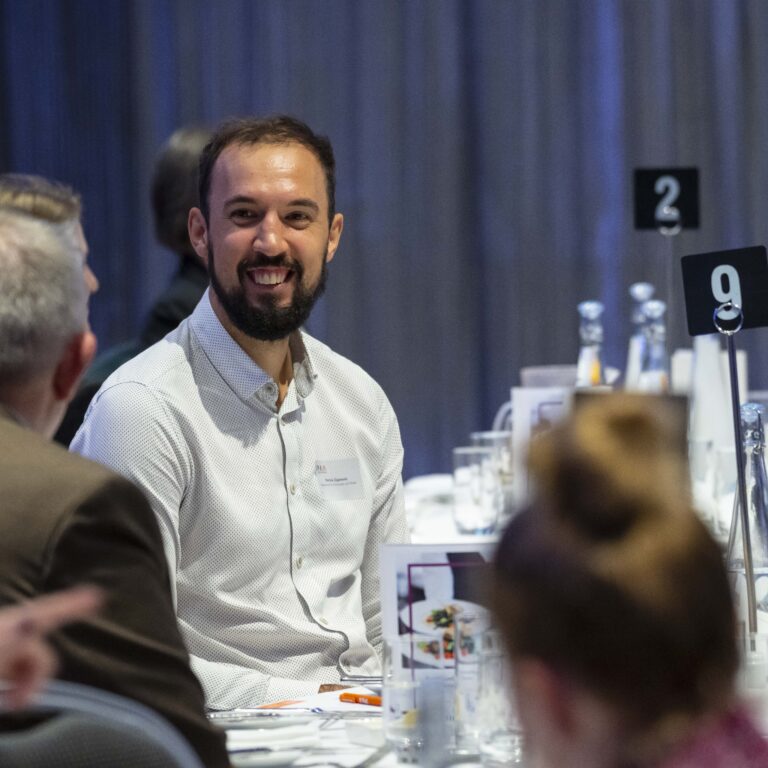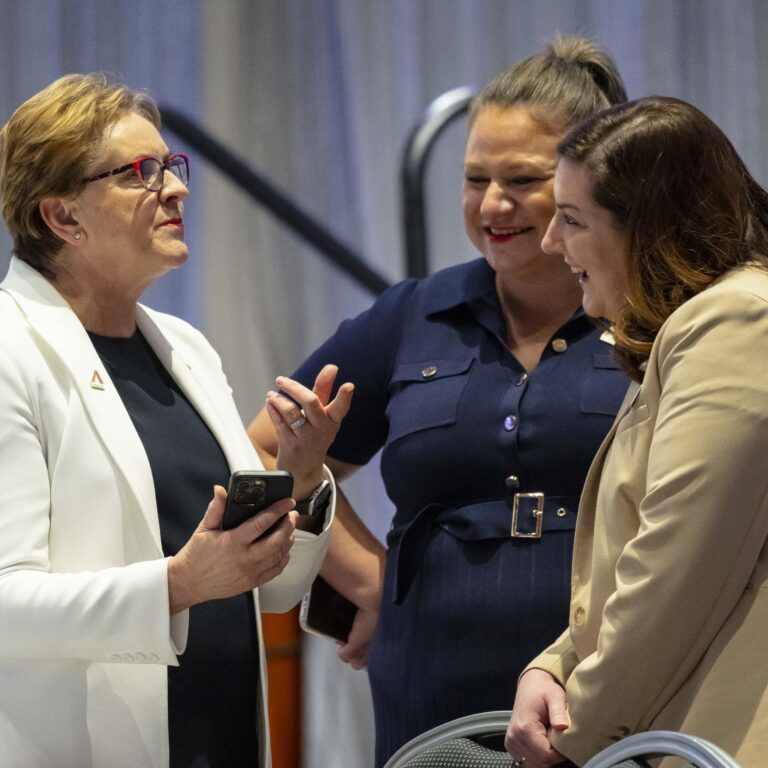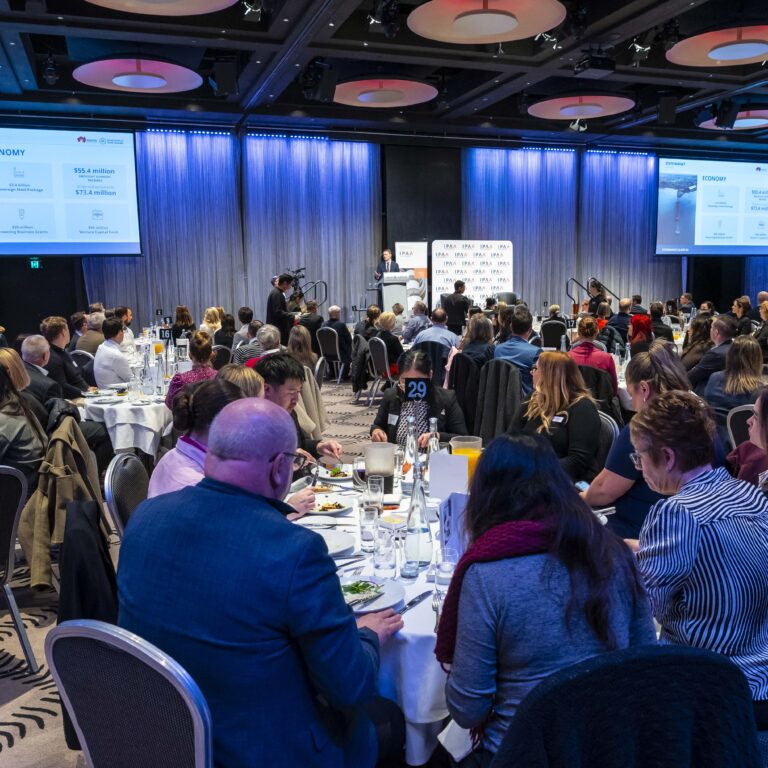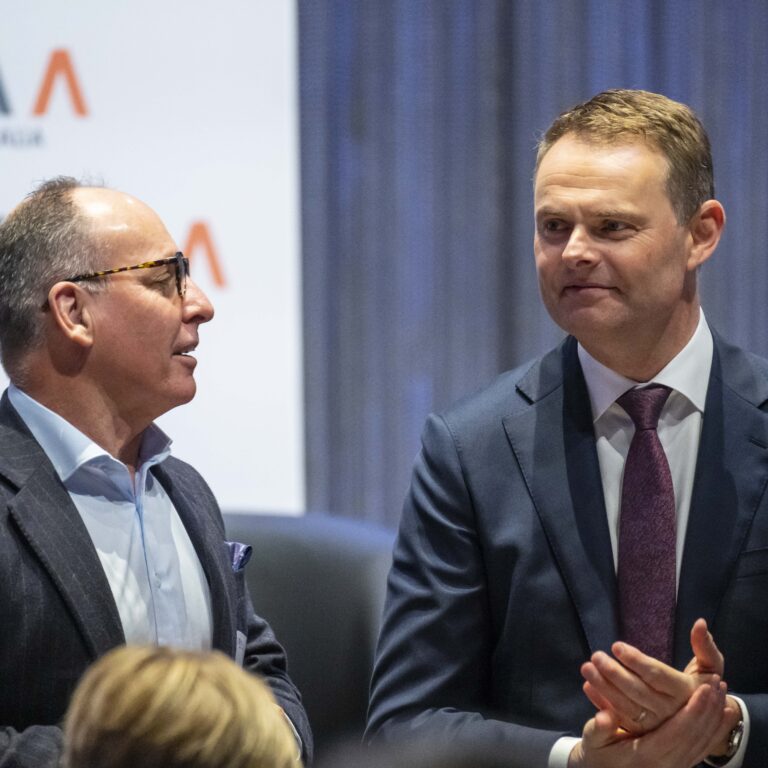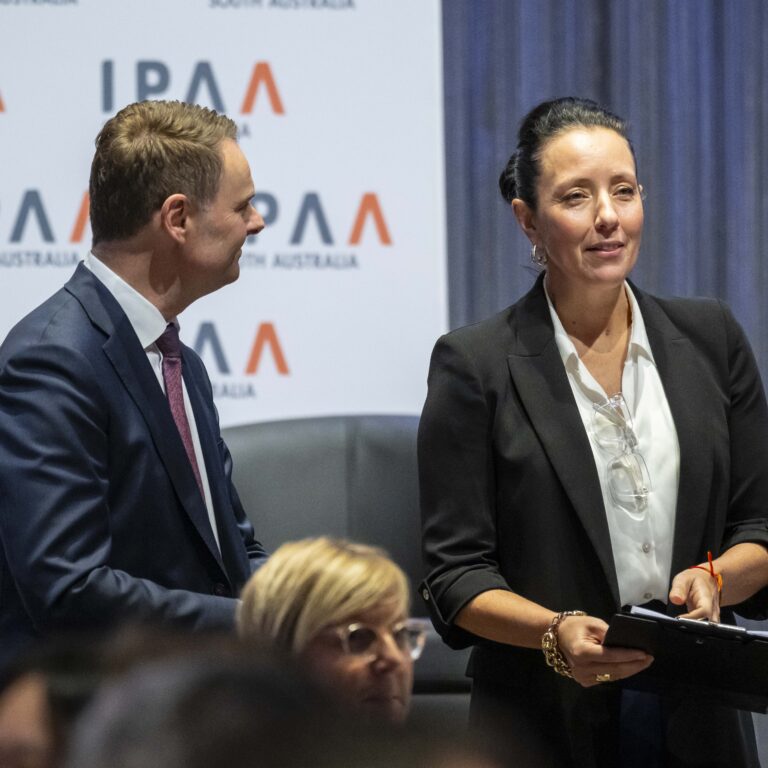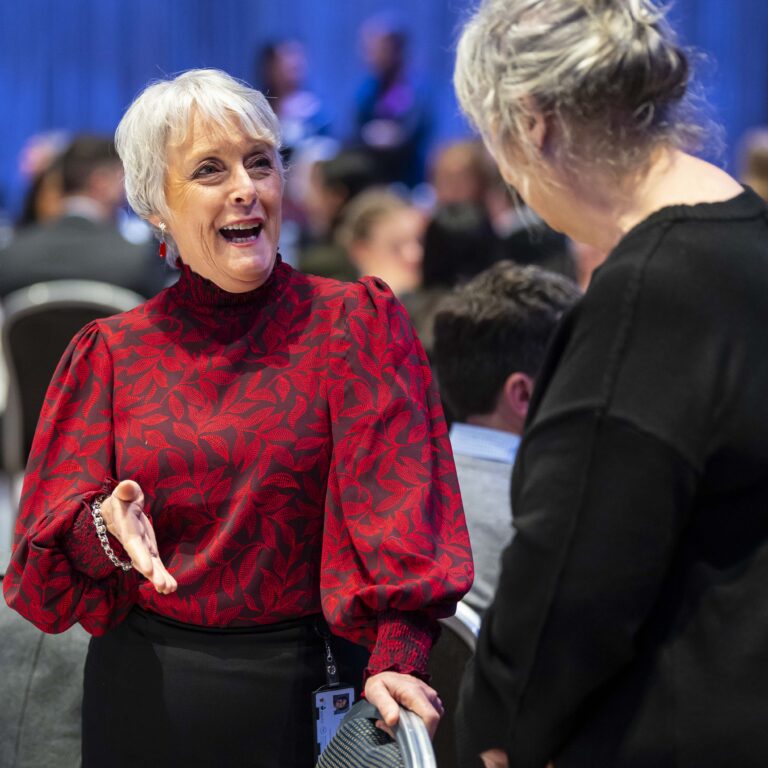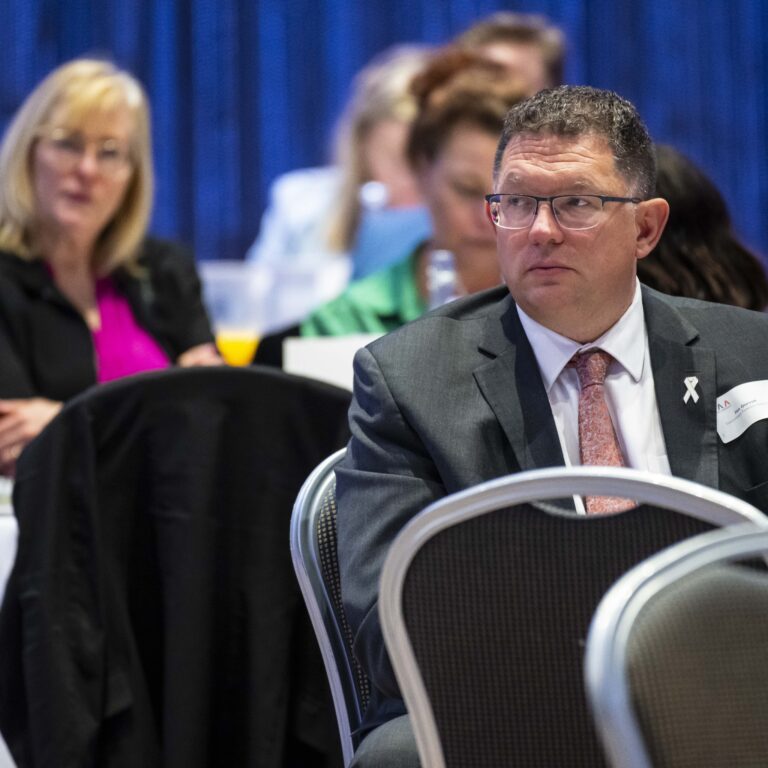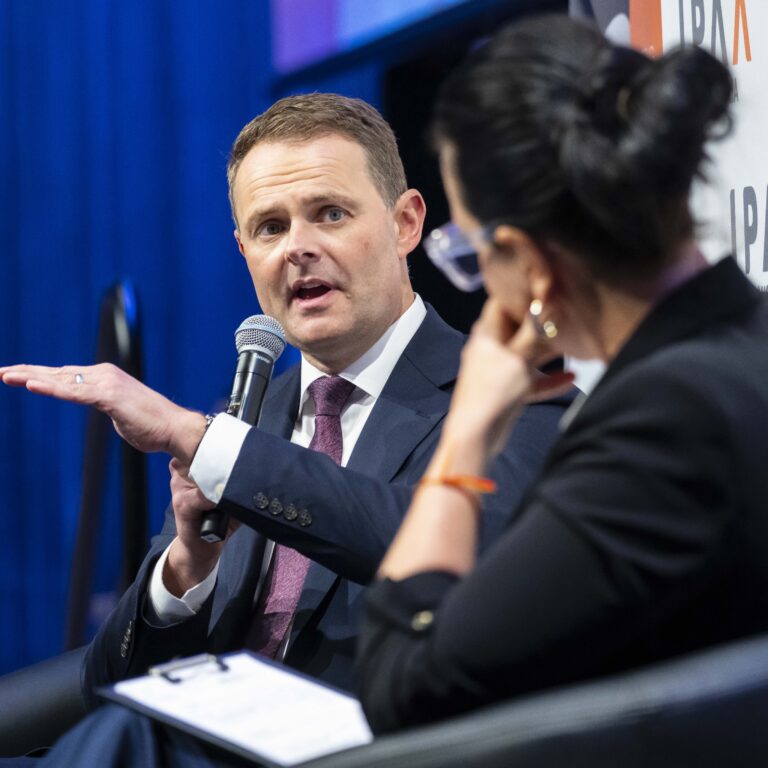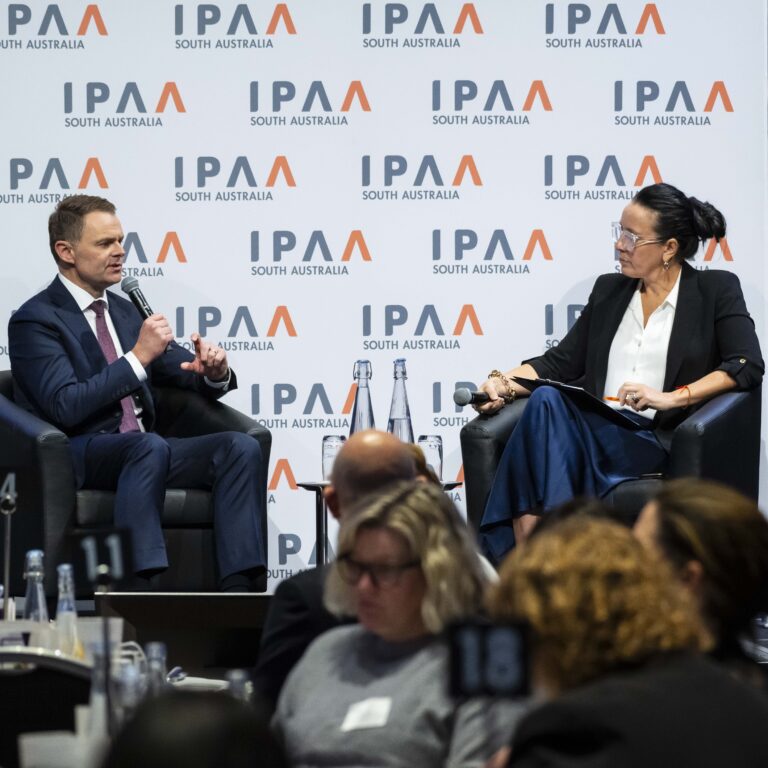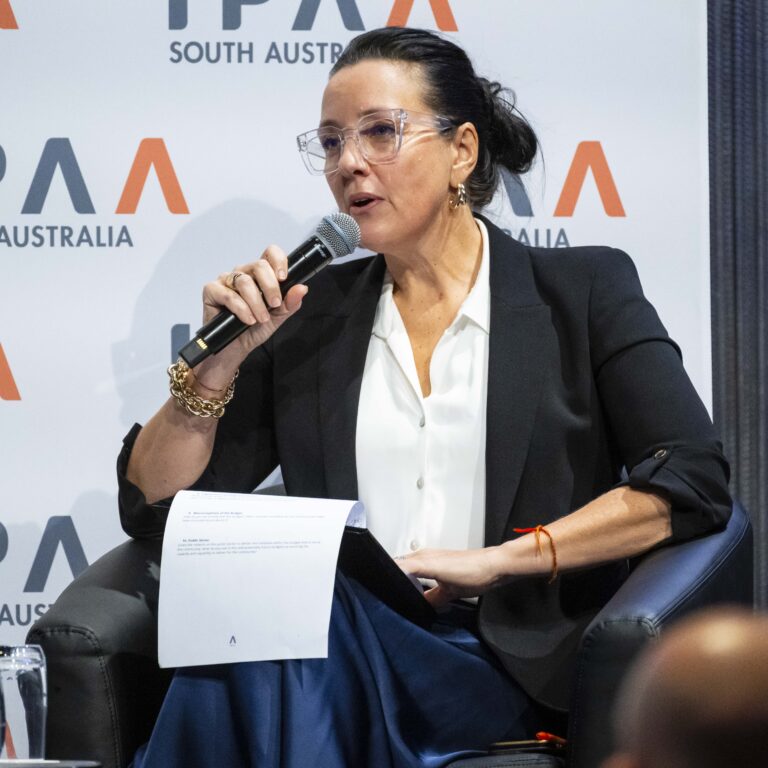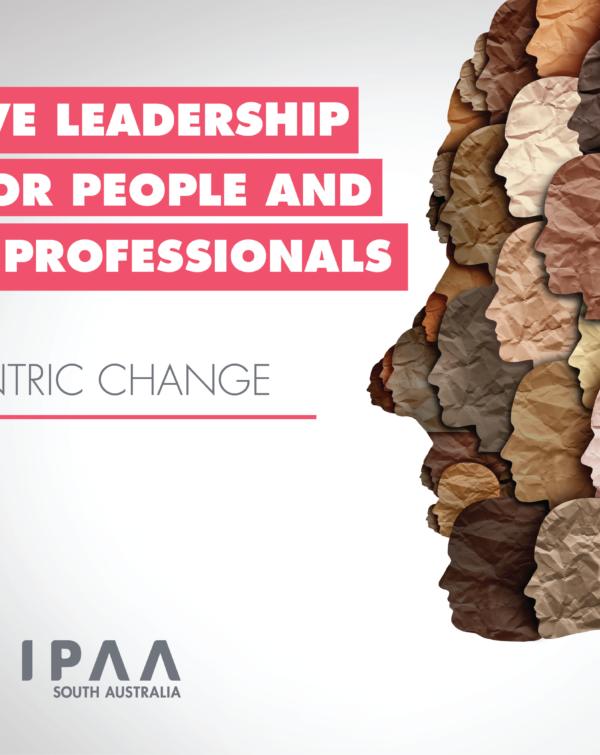
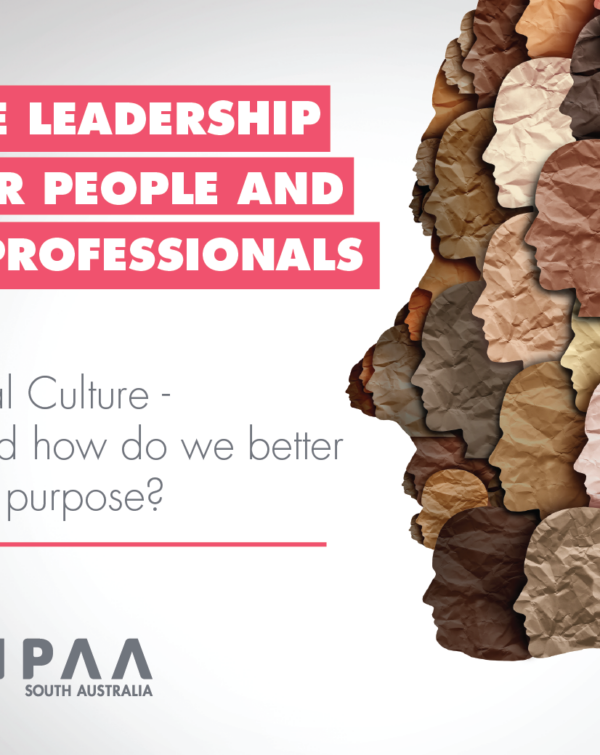
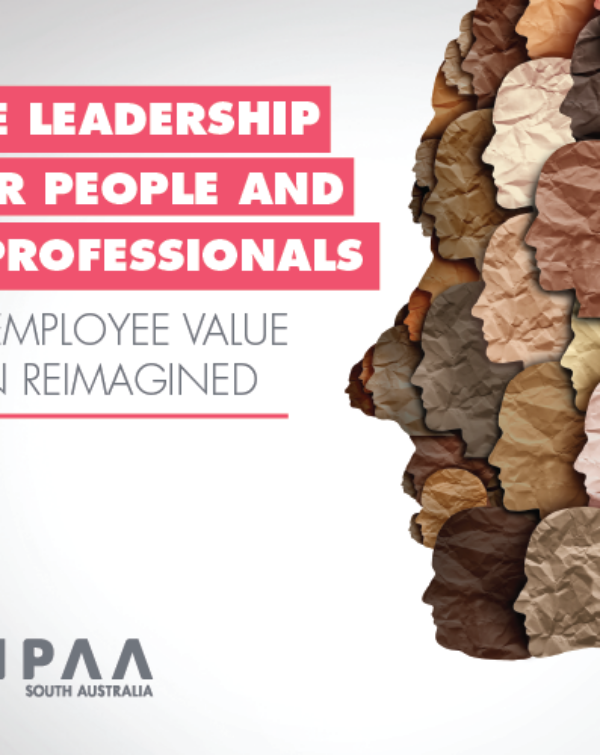
Neuroleadership draws its name from the idea of applying neuroscience principles to the field of leadership. Neuroscience is a multidisciplinary field that links psychology and neurochemistry to understand the intrinsic links between biological processes occurring in the nervous system to behavior and cognitive function.
As a leader, you will have long puzzled with questions of “Why does my team act the way they do?”, “What is preventing me from being able to get my team on board with X, Y or Z?” or “What can be causing dysfunction in my team?” Neuroleadership sheds light on these kinds of questions, to explain behaviour and, in turn, suggest principles that will help us understand and positively modify the behaviour of ourselves and others.
Neuroleadership in particular lends itself to 4 areas of leadership which include: decision–making and problem–solving, emotional intelligence and regulation, collaboration and communication and leading others through change.
One of the core principles of neuroleadership is linked to the primitive structures of our brain chemistry for pleasure, reward and avoiding threats. This idea highlights that we all innately act in ways that minimise threat and maximise reward.
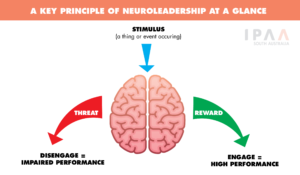
So, why does understanding these neuroleadership principles make you a better leader? In short, neuroleadership comes into its own at the organisational and team level – where our approach to management becomes more in-tune with the ‘human needs of staff’ to optimise engagement, performance, satisfaction and productivity. The core concept mentioned above flags an essential point of humanisiation for leaders and organisations – in the approach taken to change the way we perceive a stimulus in the environment. This means taking the stimulus which is producing a ‘threat’ response, and prompting us to disengage, and turning it into a ‘reward’ response, which engages us to perform at our best.
To get yourself and your team performing at their best, it’s vital to create an environment that puts your brain into the ‘reward state’ – where we are at our prime to make decisions and judgments, be innovative and be proactive with change. A ‘rewarding’ environment is one that recognises the ‘threats’ present in its culture and workplace. Workplaces that are constantly shifting goals and expectations, have poor communication or where people fear punishment for mistakes, creates a ‘threat state’ in our minds that cause us to disengage – with this presenting as impaired decision–making, poor mental recall and mental capability – to the extent that even routine tasks are impaired.
You can use neuroleadership tools to help shape your team and workplace into a rewarding environment by understanding and managing the neural processes that are leading to behaviours. This is where some expert advice will be essential – most leaders seek coaching and training on the area of neuroleadership to deepen this understanding and gain practical tools that can be deployed in the workplace.
If you want to start implementing neuroleadership principles to improve your own and your team’s performance, we hope to see you at our upcoming ‘Neuroleadership’ intensive half day course. During this course, you will work with an experienced psychologist and walk away with ways you can get the best from your team.
Register Now for ‘Neuroleadership’.
References
IPAA SA Neuroleadership Course Book, 2021.
The 2021 ‘Premier’s Excellence Awards and Address’ celebrated outstanding achievements within the South Australia Public Sector, this year particularly showcasing the exceptional efforts during the state’s emergency response. During this event the Hon. Steven Marshall also delivered his address to the public sector, sharing more on the state’s COVID-19 recovery and how we can all move forward with purpose.
The event was MCd by Commissioner Erma Ranieri PSM FIPAA who shared her enthusiasm and praise for how our public sector rose to the challenges of recent times.
“My number one task today is to acknowledge and thank the public service in South Australia for the outstanding job they have done with those three – major, very impactful events that have hit our state”
The Hon. Steven Marshall noted some of the extraordinary circumstances that we found ourselves in during late 2019 and 2020, with first the devastating bushfires in both Kangaroo Island and the Adelaide Hills and then a subsequent global pandemic. He shared his pride in the public sector’s response to these challenges, as well as the fact that trust in our government is at an all-time high.
Premier Marshall shared that the exemplary efforts of the sector have enabled our state to move forward economically and socially and that “we now have more people employed and we have more wages paid now than pre Coronavirus”. He also highlighted some of the many examples of the ways in which our sector has moved with greater adaptability and mobility, such as in the delivery of education throughout 2020.
The State’s budget for recovery was also explored during his address, with the Premier sharing his enthusiasm for the largest infrastructure spend in the history of the state – providing a needed boost to jobs and the economy. Affordable housing, school development and investment in innovative projects were other areas that were also highlighted as key in our recovery.
Finally, Premier Marshall shared some of the reforms that had come about as a result of the previous ‘I Work for SA Your Voice Survey’. The results of this survey saw an improved emphasis on nurturing Indigenous leadership in the public sector, as well as increasing the number of indigenous people employed in the sector. With the latest YourVoice survey launching after on Tuesday, 27 April , the Premier encouraged all state government employees to take part and share their opinions.
On behalf of IPAA SA and our Divisional Council we would like to offer our congratulations to the outstanding winners and finalists. The whole of the SA public service has gone above any beyond during these challenging times and we hope that everyone across the sector can take away a sense of pride and accomplishment in what has been acheived.
Recognises an individual or team’s exemplary service to the community of South Australia. Their program, service or initiative has had a far-reaching, positive impact.


Recognises an individual or team’s exemplary service to the community of South Australia in an emergency. Their program, service or initiative has had a far-reaching, positive impact.


Recognises an individual or team’s demonstration of the South Australian public sector values in their service delivery.


The 2021 ‘Premier’s Excellence Awards and Address’ celebrated outstanding achievements within the South Australia Public Sector, this year particularly showcasing the exceptional efforts during the state’s emergency response. During this event the Hon. Steven Marshall also delivered his address to the public sector, sharing more on the state’s COVID-19 recovery and how we can all move forward with purpose.
The event was MCd by Commissioner Erma Ranieri PSM FIPAA who shared her enthusiasm and praise for how our public sector rose to the challenges of recent times.
“My number one task today is to acknowledge and thank the public service in South Australia for the outstanding job they have done with those three – major, very impactful events that have hit our state”
The Hon. Steven Marshall noted some of the extraordinary circumstances that we found ourselves in during late 2019 and 2020, with first the devastating bushfires in both Kangaroo Island and the Adelaide Hills and then a subsequent global pandemic. He shared his pride in the public sector’s response to these challenges, as well as the fact that trust in our government is at an all-time high.
Premier Marshall shared that the exemplary efforts of the sector have enabled our state to move forward economically and socially and that “we now have more people employed and we have more wages paid now than pre Coronavirus”. He also highlighted some of the many examples of the ways in which our sector has moved with greater adaptability and mobility, such as in the delivery of education throughout 2020.
The State’s budget for recovery was also explored during his address, with the Premier sharing his enthusiasm for the largest infrastructure spend in the history of the state – providing a needed boost to jobs and the economy. Affordable housing, school development and investment in innovative projects were other areas that were also highlighted as key in our recovery.
Finally, Premier Marshall shared some of the reforms that had come about as a result of the previous ‘I Work for SA Your Voice Survey’. The results of this survey saw an improved emphasis on nurturing Indigenous leadership in the public sector, as well as increasing the number of indigenous people employed in the sector. With the latest YourVoice survey launching after on Tuesday, 27 April , the Premier encouraged all state government employees to take part and share their opinions.
On behalf of IPAA SA and our Divisional Council we would like to offer our congratulations to the outstanding winners and finalists. The whole of the SA public service has gone above any beyond during these challenging times and we hope that everyone across the sector can take away a sense of pride and accomplishment in what has been acheived.
Recognises an individual or team’s exemplary service to the community of South Australia. Their program, service or initiative has had a far-reaching, positive impact.
Recognises an individual or team’s exemplary service to the community of South Australia in an emergency. Their program, service or initiative has had a far-reaching, positive impact.
Recognises an individual or team’s demonstration of the South Australian public sector values in their service delivery.


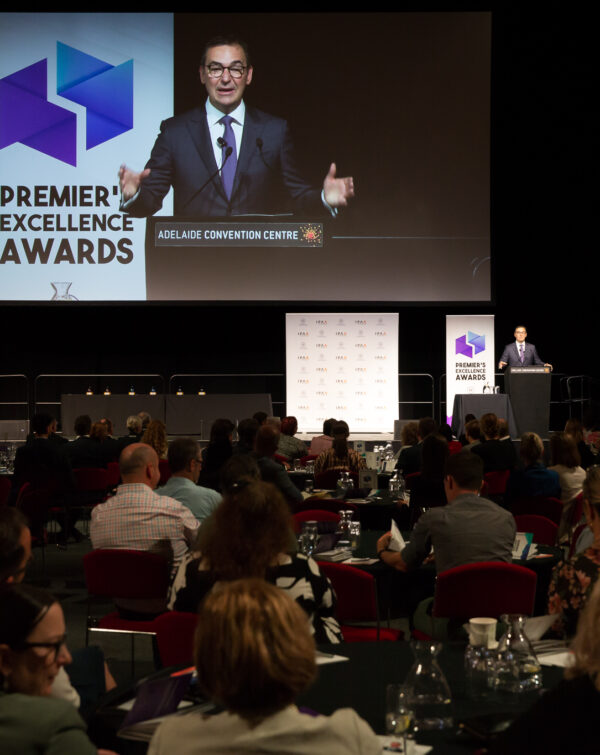
Neuroleadership draws its name from the idea of applying neuroscience principles to the field of leadership. Neuroscience is a multidisciplinary field that links psychology and neurochemistry to understand the intrinsic links between biological processes occurring in the nervous system to behavior and cognitive function.
As a leader, you will have long puzzled with questions of “Why does my team act the way they do?”, “What is preventing me from being able to get my team on board with X, Y or Z?” or “What can be causing dysfunction in my team?” Neuroleadership sheds light on these kinds of questions, to explain behaviour and, in turn, suggest principles that will help us understand and positively modify the behaviour of ourselves and others.
Neuroleadership in particular lends itself to 4 areas of leadership which include: decision–making and problem–solving, emotional intelligence and regulation, collaboration and communication and leading others through change.
One of the core principles of neuroleadership is linked to the primitive structures of our brain chemistry for pleasure, reward and avoiding threats. This idea highlights that we all innately act in ways that minimise threat and maximise reward.

So, why does understanding these neuroleadership principles make you a better leader? In short, neuroleadership comes into its own at the organisational and team level – where our approach to management becomes more in-tune with the ‘human needs of staff’ to optimise engagement, performance, satisfaction and productivity. The core concept mentioned above flags an essential point of humanisiation for leaders and organisations – in the approach taken to change the way we perceive a stimulus in the environment. This means taking the stimulus which is producing a ‘threat’ response, and prompting us to disengage, and turning it into a ‘reward’ response, which engages us to perform at our best.
To get yourself and your team performing at their best, it’s vital to create an environment that puts your brain into the ‘reward state’ – where we are at our prime to make decisions and judgments, be innovative and be proactive with change. A ‘rewarding’ environment is one that recognises the ‘threats’ present in its culture and workplace. Workplaces that are constantly shifting goals and expectations, have poor communication or where people fear punishment for mistakes, creates a ‘threat state’ in our minds that cause us to disengage – with this presenting as impaired decision–making, poor mental recall and mental capability – to the extent that even routine tasks are impaired.
You can use neuroleadership tools to help shape your team and workplace into a rewarding environment by understanding and managing the neural processes that are leading to behaviours. This is where some expert advice will be essential – most leaders seek coaching and training on the area of neuroleadership to deepen this understanding and gain practical tools that can be deployed in the workplace.
If you want to start implementing neuroleadership principles to improve your own and your team’s performance, we hope to see you at our upcoming ‘Neuroleadership’ intensive half day course. During this course, you will work with an experienced psychologist and walk away with ways you can get the best from your team.
Learn more about Neuroleadership in our ‘Neuroleadership’ half-day intensive workshop.
References
IPAA SA Neuroleadership Course Book, 2021.



